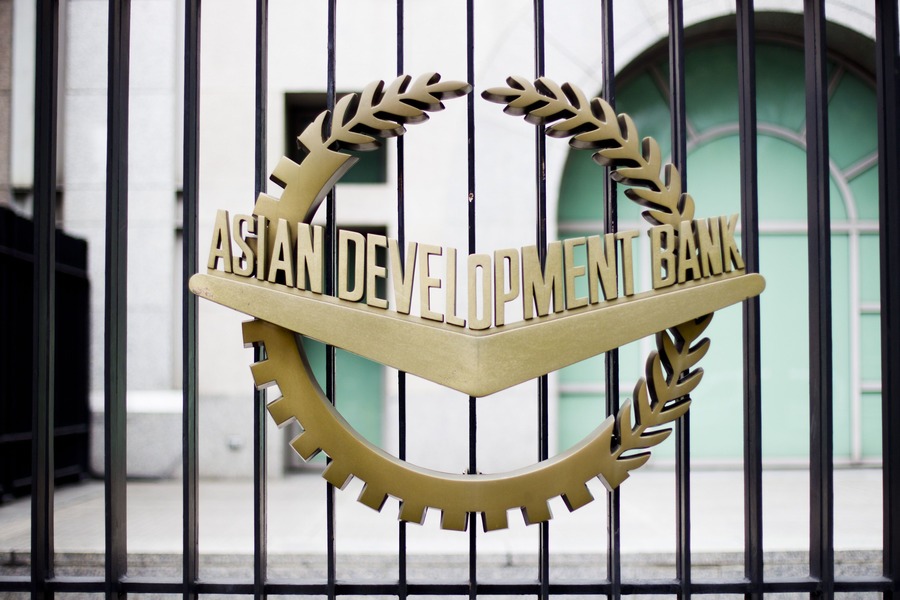Uzbekistan, together with the Asian Development Bank (ADB), is starting to implement the project “Developing Skills for the Modern Economy”, Spot reported citing the Ministry of Employment and Labor Relations.
The Cabinet of Ministers approved the project implementation plan on February 2. From the Uzbek side, the Ministry of Labor and the Ministry of Higher Education will be engaged in its implementation.
The project budget is $162 million, of which $93 million will come from ADB funds. The loan was agreed at the end of 2020.
The initiative will strengthen the relationship between the labor market and the vocational education system. In addition, it will help improve the quality of vocational training for the unemployed and young people, and raise employment rates and employer satisfaction.
According to experts, despite the steady growth of the economy of Uzbekistan, the lack of qualified personnel hinders its development and attraction of foreign investment (this was also pointed out by the World Bank).
According to ADB, 35% of firms cite skills shortages as a barrier to growth. 49% of industrial enterprises experience problems with finding qualified workers.
The government has taken a number of measures to improve vocational education and training. This project is designed to support their implementation, the ministry emphasizes.
The project will improve the infrastructure of 14 vocational training centers of the Ministry of Labor, as well as 6 colleges and technical schools. They will purchase modern educational and training-industrial equipment, repair workshops.
In addition, curricula, requirements and standards for vocational education organizations will be developed. Establish national and industry councils for professional qualifications and competency development.
They will also strengthen the potential of the Labor Market Research Institute, established in October 2021. The step will help improve the collection and analysis of data on the labor market, as well as the forecast of labor demand.
The project will support the vocational training of socially vulnerable groups of the population, in particular girls and people with disabilities. In addition, teachers, instructors and masters of industrial training will improve their qualifications.
The project is expected to help at least:
• 10,000 technical and vocational students;
• 48,000 job seekers, including 500 persons with disabilities;
• 600 specialized teachers and instructors in selected centers, colleges and technical schools;
• 100 managers and employees of these institutions;
• 1,200 employees and 210 managers in the public employment service.






